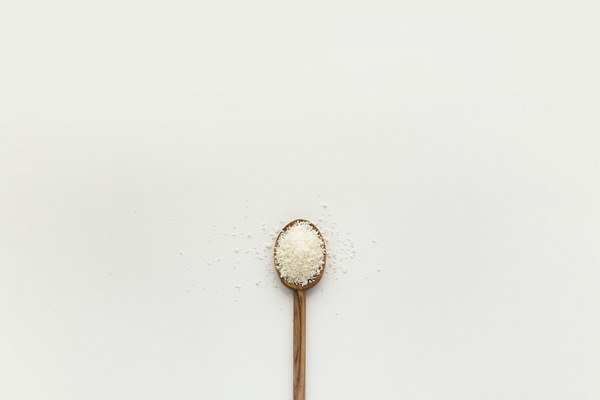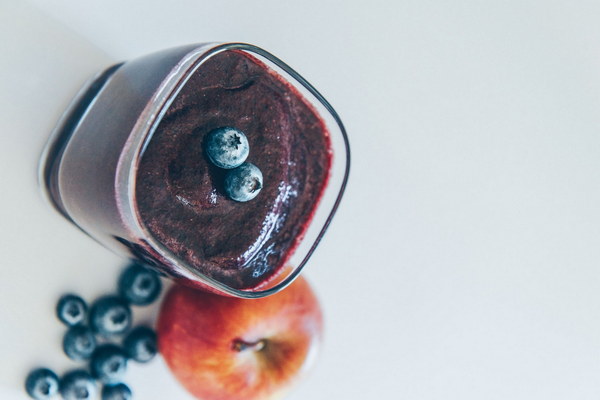Mung Beans A Natural Remedy to Expel Dampness and Enhance Well-being
In traditional Chinese medicine, dampness is considered an internal imbalance that can lead to a variety of health issues. One of the most common methods to combat this condition is through the consumption of mung beans, a humble yet powerful legume with numerous health benefits. This article explores how mung beans can expel dampness, improve overall well-being, and why they should be a staple in your diet.
Understanding Dampness in Chinese Medicine
Dampness, according to traditional Chinese medicine (TCM), is a condition characterized by an excess of dampness in the body, which can be caused by factors such as a humid climate, excessive intake of cold or raw foods, or emotional stress. This excess dampness can lead to symptoms such as fatigue, bloating, weight gain, and even more severe conditions like arthritis or edema.
The Power of Mung Beans
Mung beans are considered a cooling and drying food in TCM, making them an excellent choice for those looking to expel dampness. These legumes contain natural diuretic properties that help to remove excess fluid from the body, thereby reducing symptoms associated with dampness. Here are some key reasons why mung beans are effective in combating dampness:
1. Natural Diuretic
Mung beans contain diuretic compounds that can help flush out excess fluid and reduce bloating. This makes them particularly beneficial for individuals dealing with fluid retention, which is a common symptom of dampness.
2. Cooling Properties
As a cooling food, mung beans help to reduce internal heat, which can exacerbate dampness. By incorporating mung beans into your diet, you can help maintain a balanced internal temperature and improve overall health.
3. Rich in Nutrients

Mung beans are an excellent source of protein, fiber, vitamins, and minerals. These nutrients not only contribute to a healthy diet but also support the body's natural detoxification processes, helping to expel dampness.
4. Antioxidant and Anti-inflammatory Properties
The antioxidants and anti-inflammatory compounds found in mung beans can help reduce inflammation in the body, which is often associated with dampness-related conditions.
Incorporating Mung Beans into Your Diet
Now that we understand the benefits of mung beans in expelling dampness, let's explore how to incorporate them into your diet. Here are a few ideas:
1. Mung Bean Soup
A classic way to enjoy mung beans is in the form of a soup. Simply soak the beans overnight, cook them until soft, and add your favorite herbs and spices. This comforting dish can help expel dampness and warm the body.
2. Mung Bean Salad
Combine cooked mung beans with fresh vegetables, herbs, and a light dressing for a refreshing salad that promotes digestion and helps expel dampness.
3. Mung Bean Porridge
Mung bean porridge is another traditional dish that can be easily prepared. Combine mung beans with rice and cook until soft. This porridge is both nourishing and soothing to the digestive system.
Conclusion
Mung beans are a valuable addition to your diet, especially if you're looking to expel dampness and improve your overall well-being. Their natural diuretic properties, cooling effects, and rich nutrient profile make them a powerful tool in the fight against dampness. So why not give mung beans a try and experience the benefits for yourself?









